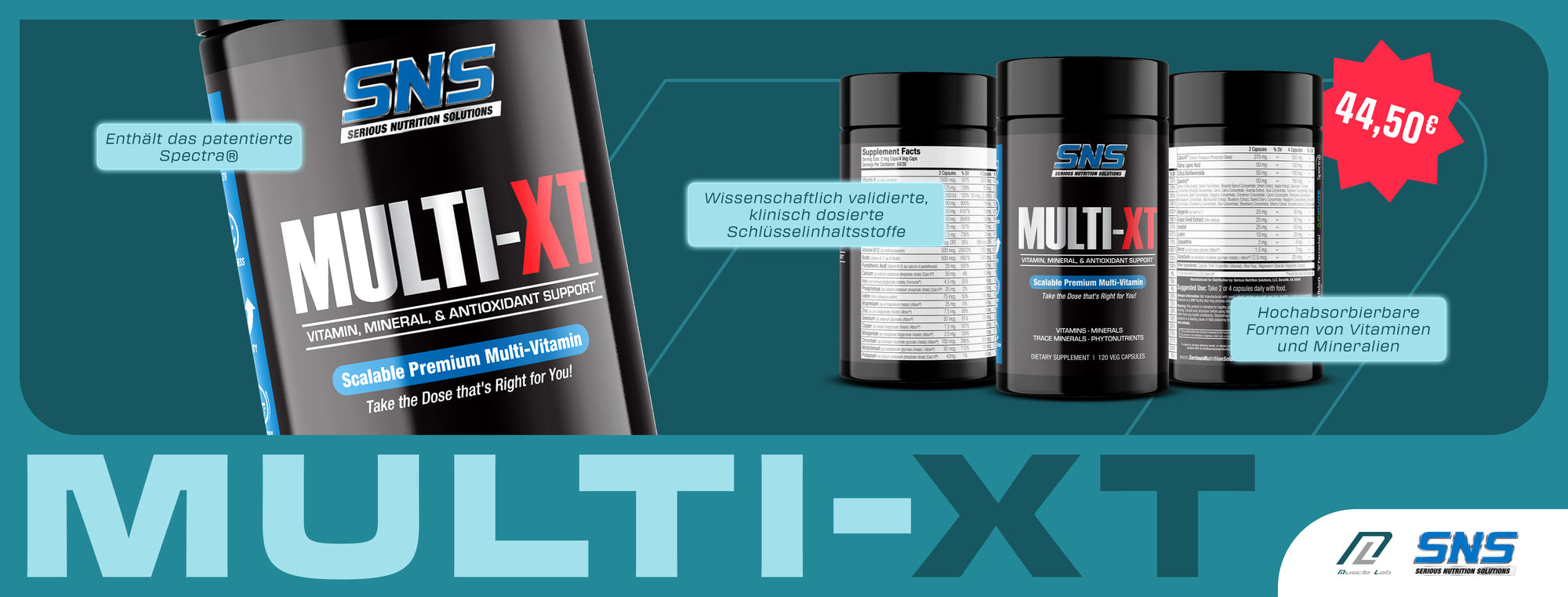What is caffeine?
Caffeine is a white, odorless chemical that enhances performance and concentration while simultaneously reducing fatigue. For over 20 years, caffeine was even on the doping list at the Olympic Games (from 1984 to 2004), but has been permitted for consumption since then. Caffeine is one of the most widely used stimulants in Germany, as it is present in every cup of coffee we consume every day.
How quickly does caffeine work?
As a stimulant, caffeine is rapidly absorbed through the gastrointestinal tract and begins to affect the central nervous system within 30-45 minutes. Caffeine binds to adenosine receptors, which helps us to relieve fatigue. This is because, unlike adenosine, caffeine does not inhibit the neurotransmitters dopamine and noradrenaline, but does the opposite: it increases their concentration in the blood and thus stimulates the nervous system.
How long does caffeine last?
While caffeine begins to take effect within half an hour, the breakdown and excretion of caffeine is only completely completed (depending on the amount) after 4 hours.
How much caffeine per day?
An opinion from the European Food Safety Authority (EFSA) has shown that an amount of 400 mg of caffeine per day is safe for adults (the exact conversion here is 5.7 mg/kg body weight/day).
Caffeine as a training booster
Caffeine, also known as theine or theine, is a naturally occurring and chemically complex substance, an alkaloid. Caffeine is a stimulant component of numerous beverages such as tea or coffee. Caffeine is widely recognized and frequently used for sports, leisure activities, and especially at work to stay alert and fit. This is why coffee, for example, is an indispensable beverage for many people. Caffeine can be taken in tablet form and is particularly recommended for athletes. When pure caffeine is taken in tablet form, the caffeine concentration is higher, thus resulting in a significant increase in performance. This can be beneficial if you don't have time to make a coffee or are on the go. Before training, many athletes, both bodybuilders and track and field athletes, tend to take caffeine tablets. Furthermore, many caffeinated beverages are high in sugar, guaranteeing an additional source of energy for athletes. Muscle-lab offers the caffeine tablets described above. Substances such as taurine or various amino acids are often also present in this product. The dosage of caffeine capsules as a training booster is 200mg approximately 20-30 minutes before training, no more than four times per week.






